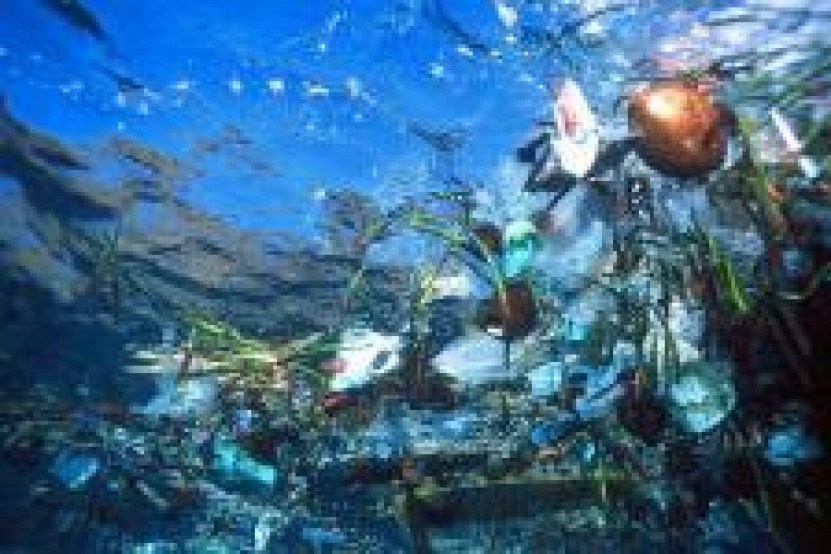The Deadly Cost of Marine Debris

(Courtesy of asiasociety.org)
A recent study from the University of California, San Diego, found that tens of thousands of tons of debris are ingested annually by fish in the Pacific Ocean. In this week's Sustainability Roundtable, we asked our experts how Asia and the United States can cooperate to tackle the problem of pollution in the Pacific Ocean. Is there a chance for collaboration on cleaning and waste management efforts?
Shen Yamei is an assistant research fellow specializing in American foreign policy and China-US relations at the China Institute of International Studies (CIIS).
Marine debris not only pollutes the ocean, but causes damage to littoral states in their fishing industries, port and maritime security, and tourism as well. And since marine debris is highly dispersed, and could be decomposed to almost invisible particle size, the debris is, through toxic plastic ingestion, killing fishes and birds dependent on the ocean for their very sustenance. Even worse, toxic plastic thereby enters the natural food chain, upsetting the balance of the ocean's ecosystem.
It is in no way a coincidence that about the same time of the SEAPLEX research finding release, a New York Times editorial titled "A Look into the Ocean’s Future" reveals that the oceans' natural resilience has been seriously compromised due to the severity of human impact, from a report by an international coalition of marine scientists.
The very nature of the maritime milieu facilitates the proliferation of pollution. No one state can control or occupy the sea in a classical military manner. And no one state could use the sea to their exclusive advantage. Therefore, international cooperation is the only sensible way out.
Firstly, since it is estimated that all marine life would be dead in 2045 without a salvage plan, the burning issue is to salvage the marine debris.
Secondly, it is of vital importance to set up a mechanism for eliminating sources of human-induced pollution. To illustrate, cruise ships and shipping companies dumping garbage into the sea need to pay costly fines, which should be an effective deterrent.
Thirdly, cooperation on regional and international level needs to be further explored. In this regard, the Northwest Pacific Action Plan between China, South Korea, Japan and Russia provides a good example.



